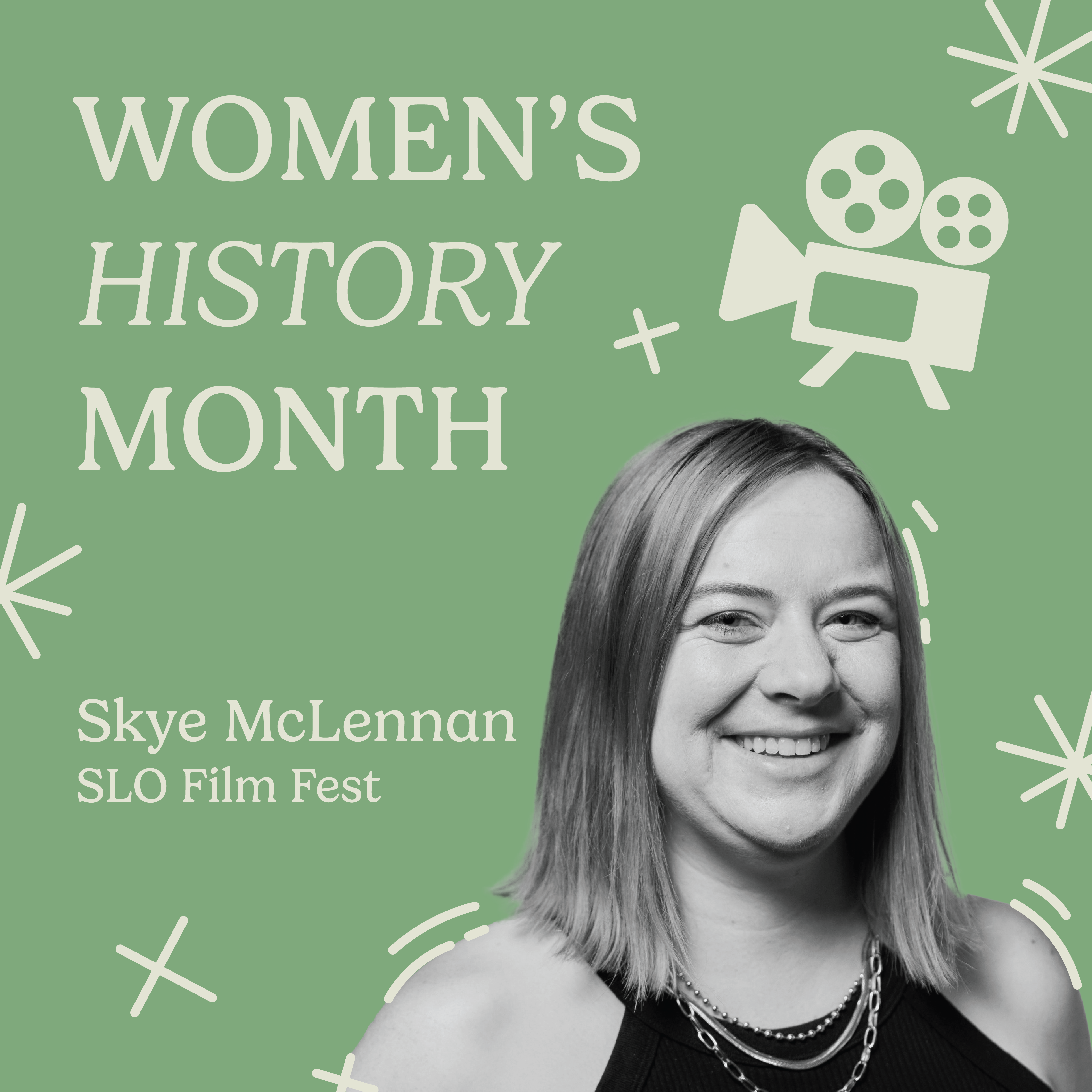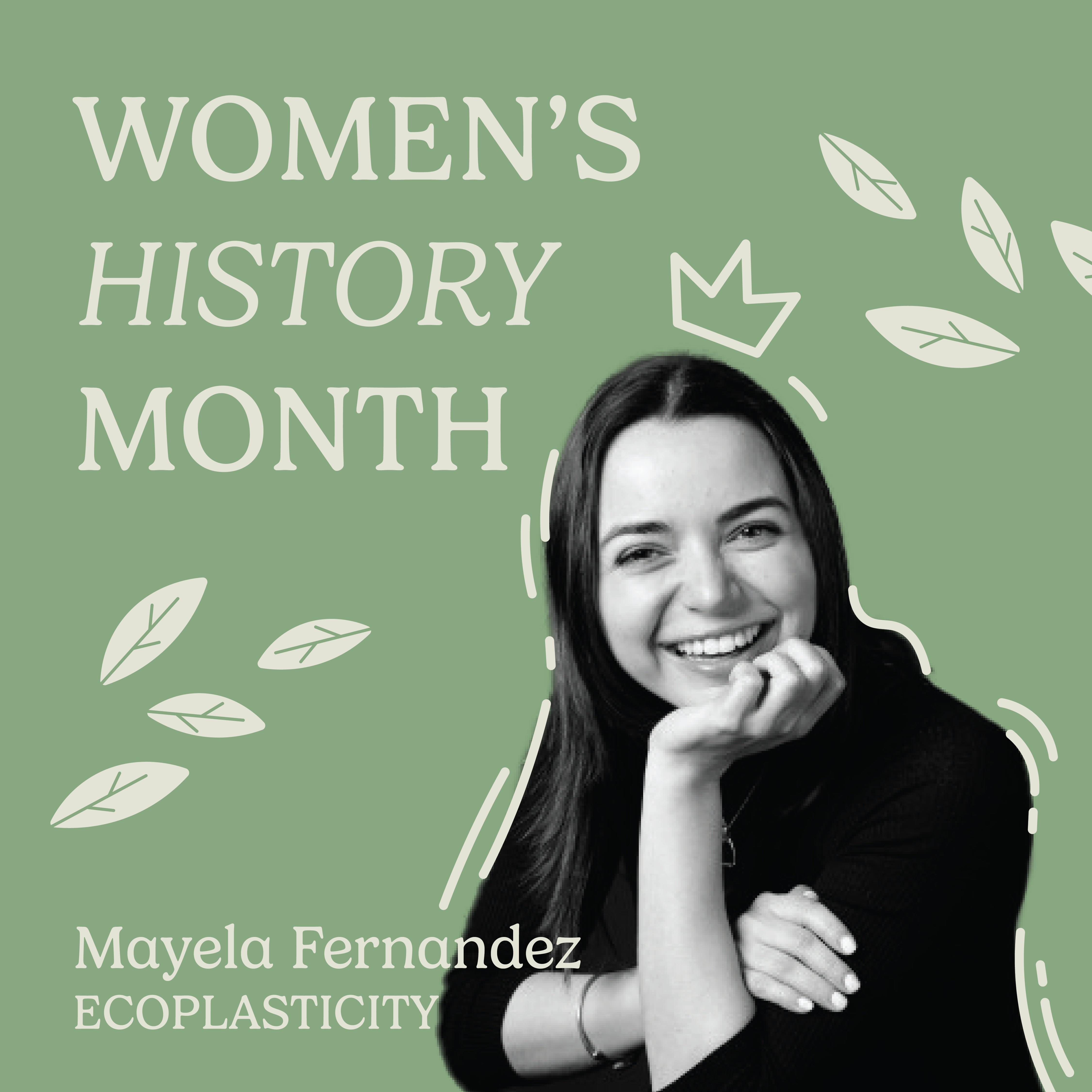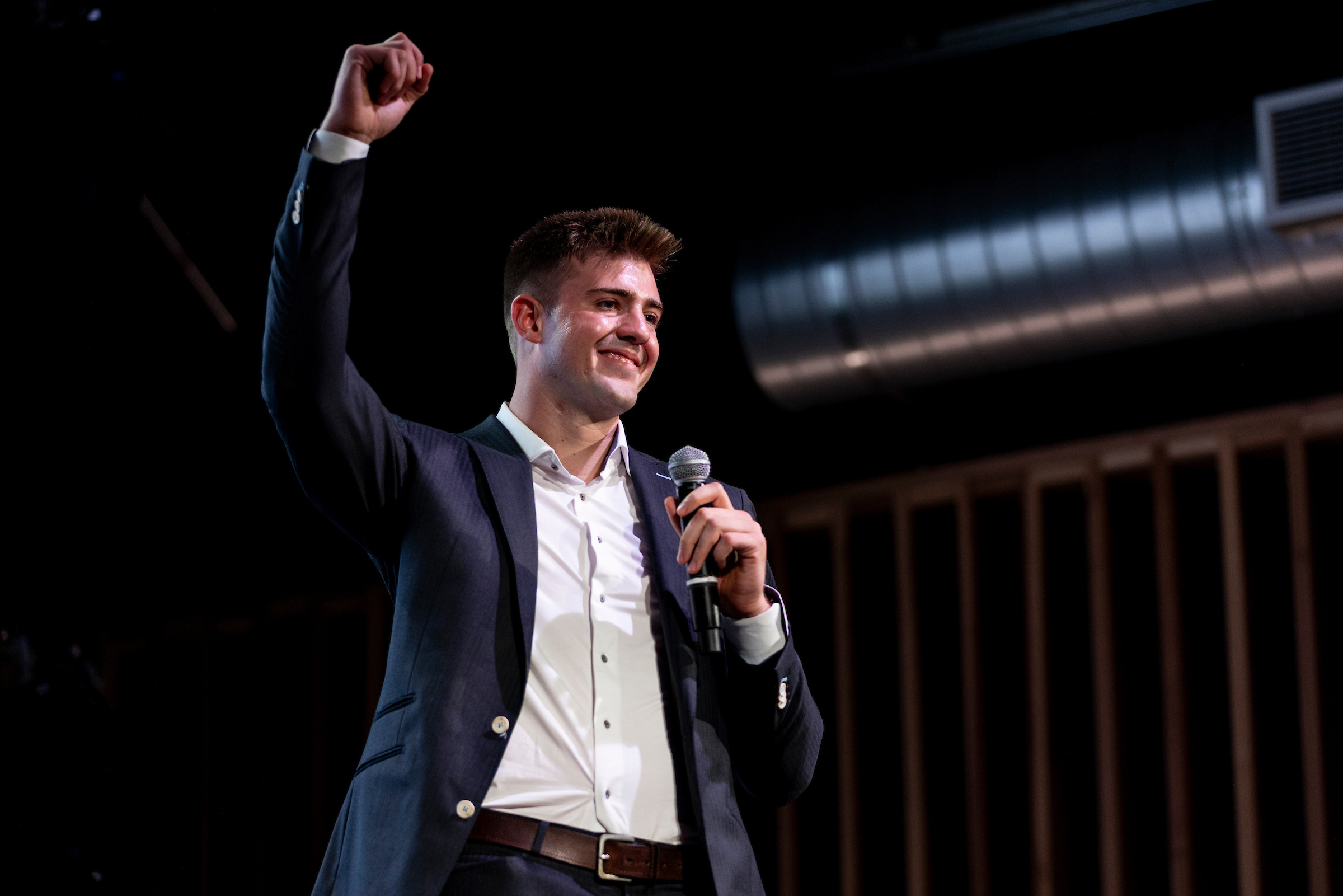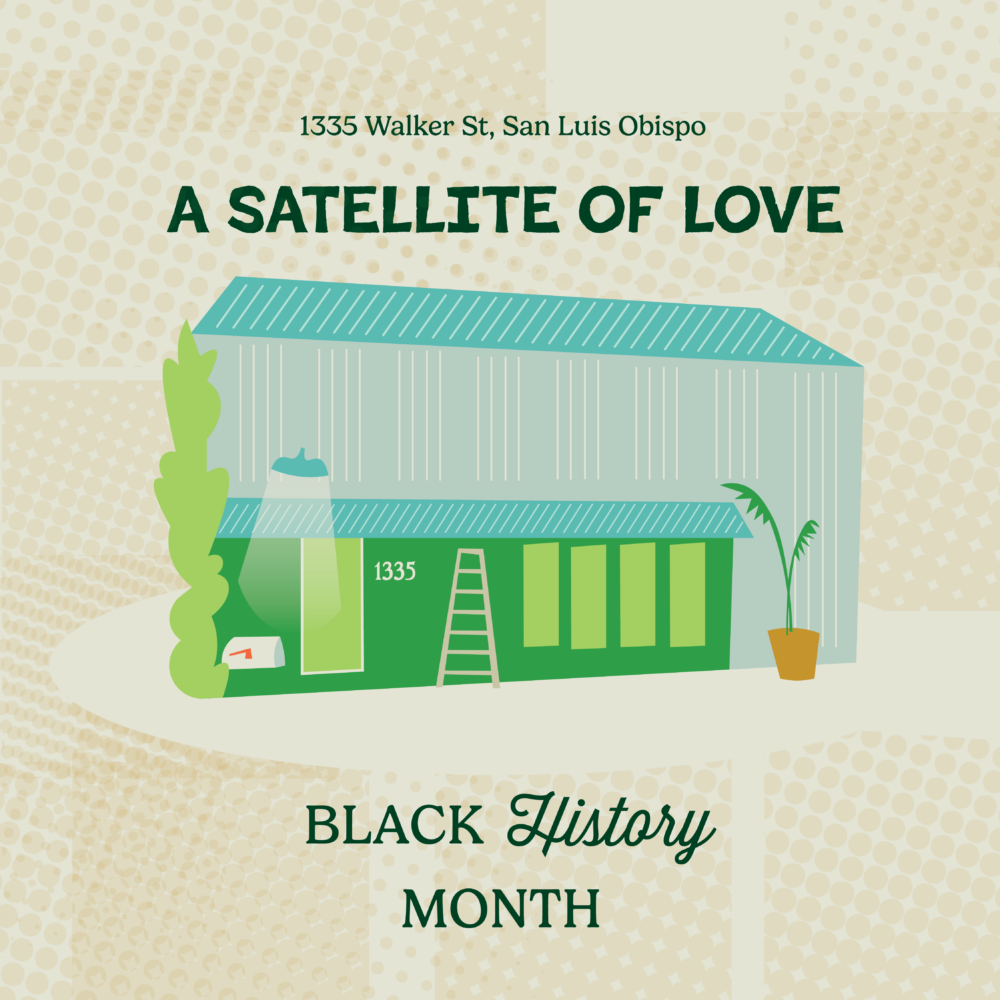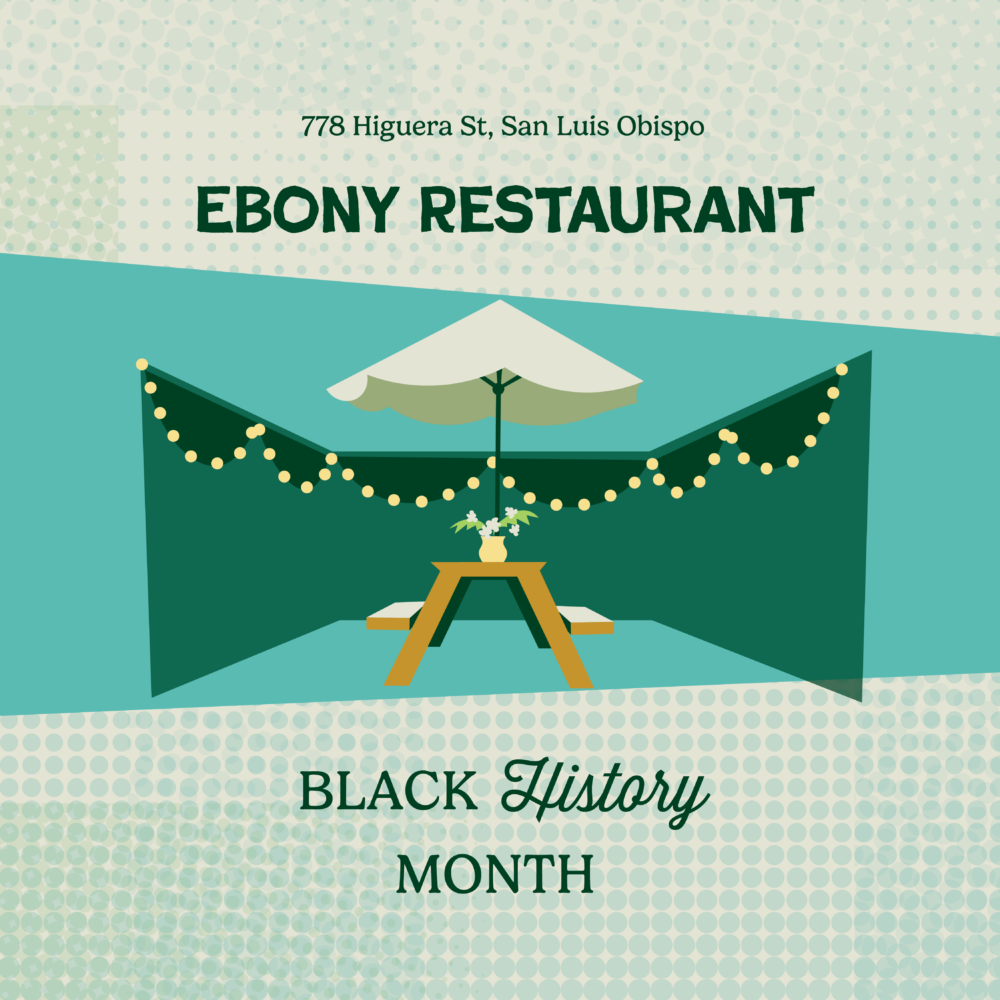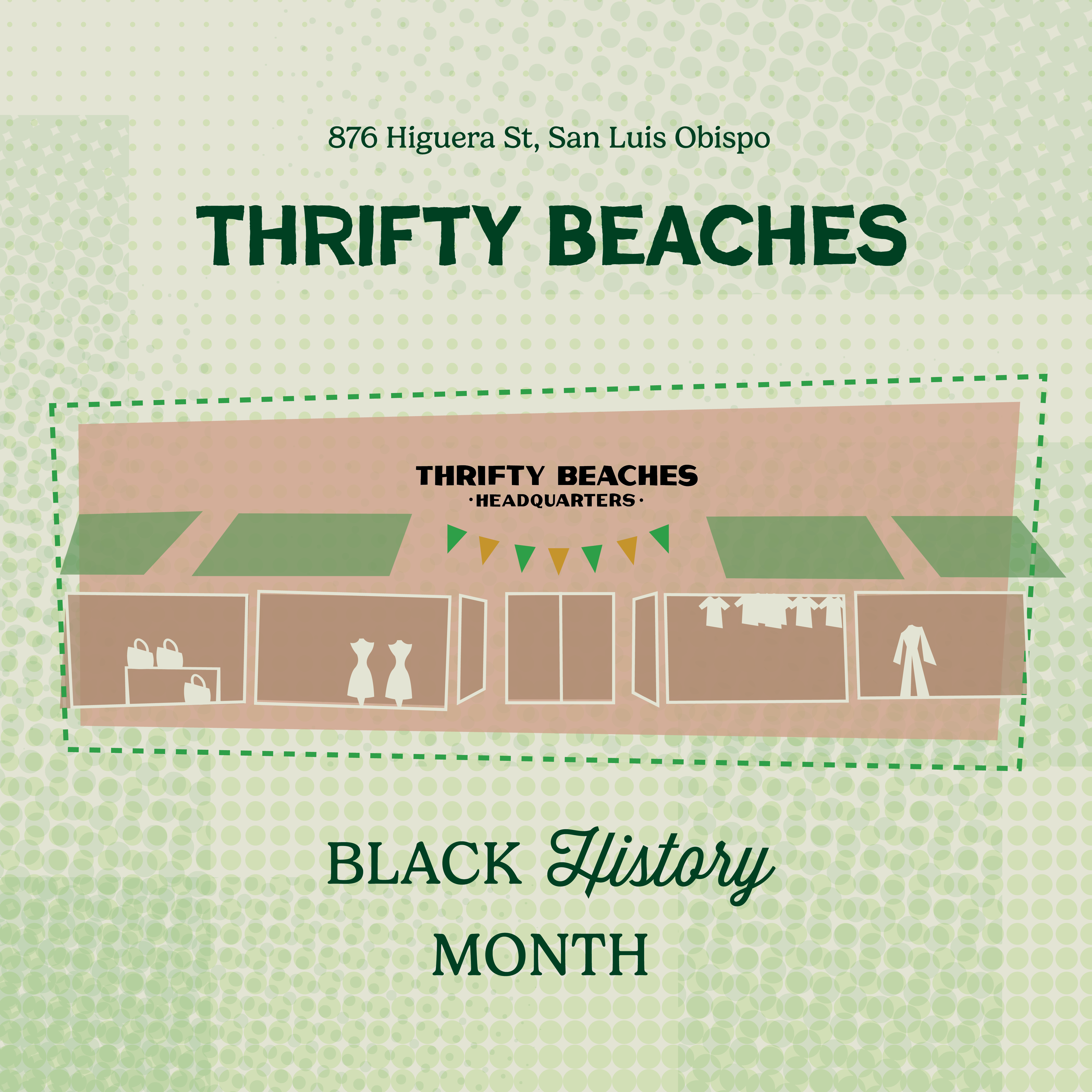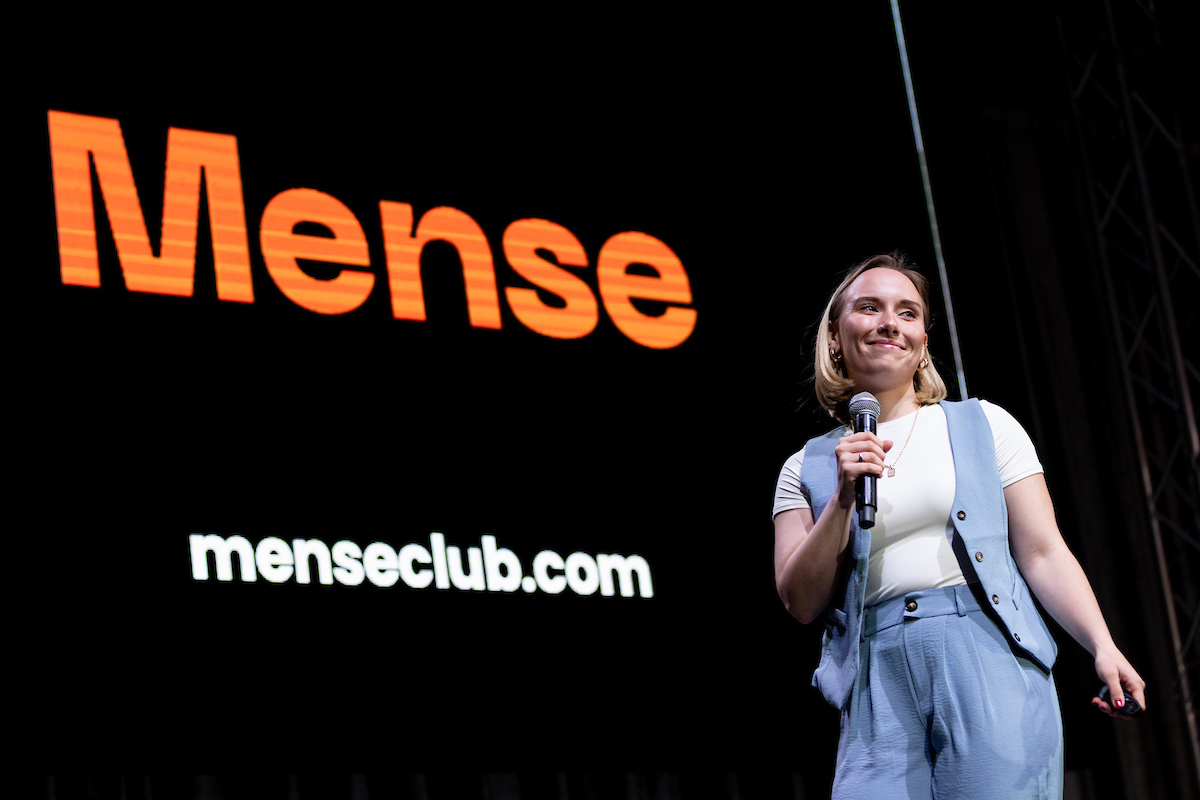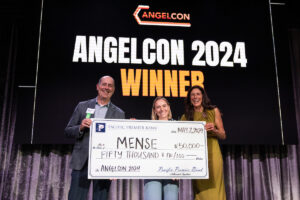Women’s History Month: Kim Bisheff
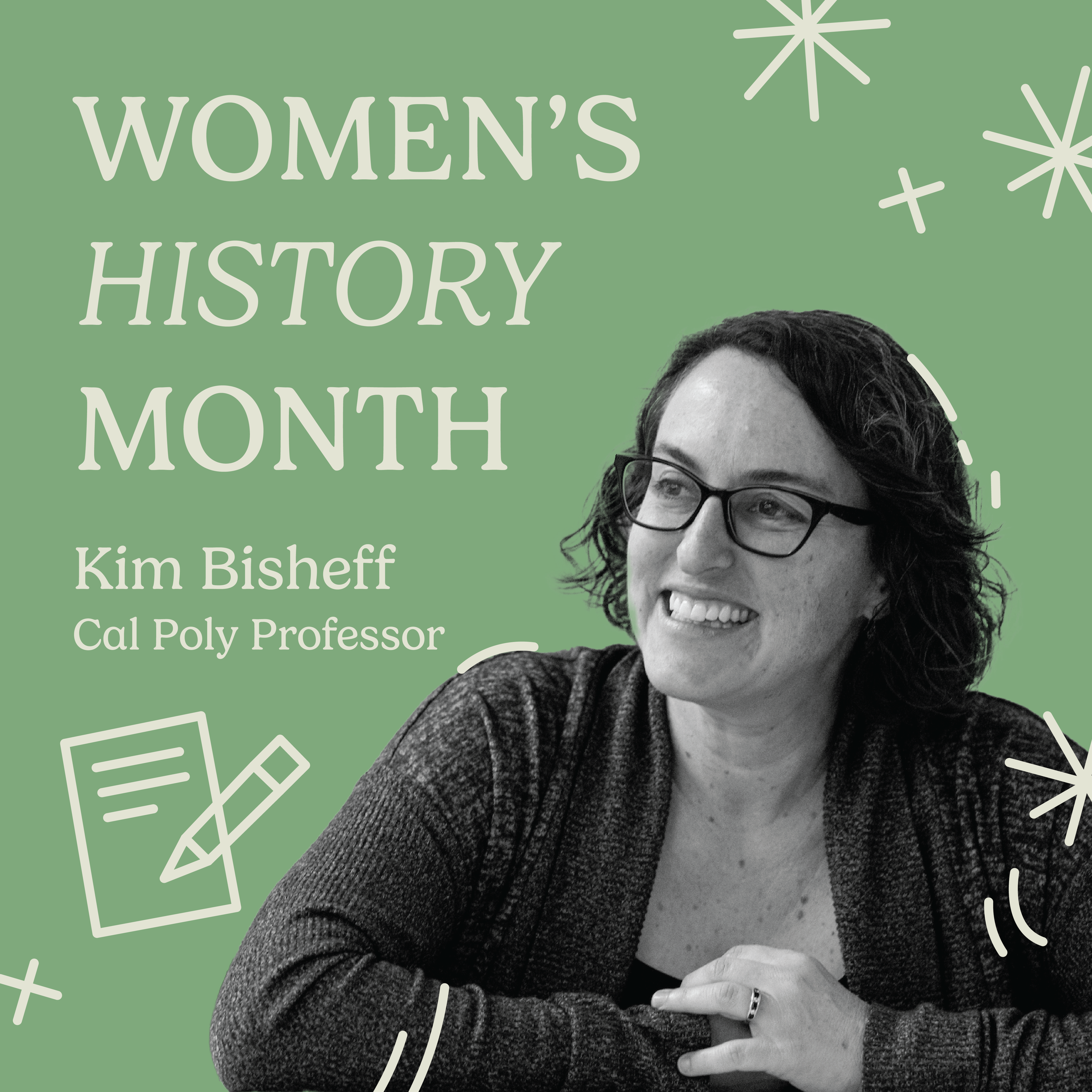
As we continue to highlight inspiring women for Women’s History Month, we’re highlighting Kim Bisheff, an Assistant Professor of Media Innovation at Cal Poly. With a career that has taken her from reporting for the Los Angeles Times to writing feature stories for Outside magazine, Bisheff has dedicated herself to both journalism and the evolving landscape of media innovation. Now, she is shaping the next generation of journalists at Cal Poly, equipping students with the tools they need to navigate an ever-changing industry.
Bisheff’s love for journalism began in high school when her English teacher encouraged her to start a school newspaper. The thrill of reporting, collaborating with fellow students and meeting deadlines sparked a passion that would later define her career. Though she didn’t study journalism as an undergraduate, she found herself drawn to it through her college newspaper.
After earning her degree, Bisheff initially took a job at an investment firm—a position she quickly realized wasn’t for her. That realization pushed her to pursue journalism professionally, landing an internship and later a reporting job at the Los Angeles Times. She then pursued a master’s degree at UC Berkeley’s Graduate School of Journalism, where she fell in love with magazine feature writing. This path led her to Outside magazine, where she covered sustainability in adventure travel destinations, combining storytelling with environmental advocacy.
“It is such a privilege to help journalism students start their own careers, especially in a forward-thinking department that is committed to preparing them for jobs in an ever-changing industry,” Bisheff said.
Throughout her career, Bisheff has been shaped by the guidance of strong women mentors, including Mary Glick, a former Cal Poly journalism professor who introduced her to media innovation and entrepreneurship. She credits Lynn Metcalf and Karen Tillman for their support through the Cal Poly Center for Innovation & Entrepreneurship (CIE) and Teresa Allen who taught her to “not suffer fools.”
Now, Bisheff takes great pride in mentoring her own students, helping them develop tech solutions for media challenges and navigate the evolving world of journalism. Her proudest moments come when former students reach out to tell her how they are using the skills they learned in her classes—whether it’s decoding city council reports, digging into public records, or fixing website glitches.
“It makes me so proud. I want to give them an A in life,” she said.
Bisheff acknowledges that women in professional settings often walk a fine line in how they are perceived, balancing assertiveness with approachability. While she continues to overcome these challenges, she has found strength in working with colleagues who listen, validate experiences and advocate for one another. She emphasizes the importance of having female allies in the workplace and male colleagues who use their voices to support women.
For Bisheff, Women’s History Month is personal. She grew up watching her mother, a champion of women’s rights, break barriers in academia. Her mother pursued a master’s degree and doctorate while raising a family, eventually becoming a food science professor and department chair at CSU Northridge.
“When I was born, women still weren’t allowed to have their own bank accounts,” Bisheff said. “But my mom raised me to believe that girls could do anything while she fought to make that true. Women’s History Month honors the women like my mom who helped create an easier path for their daughters and granddaughters. At the same time, it reminds us that there is still a lot of work to do.”
